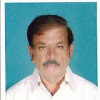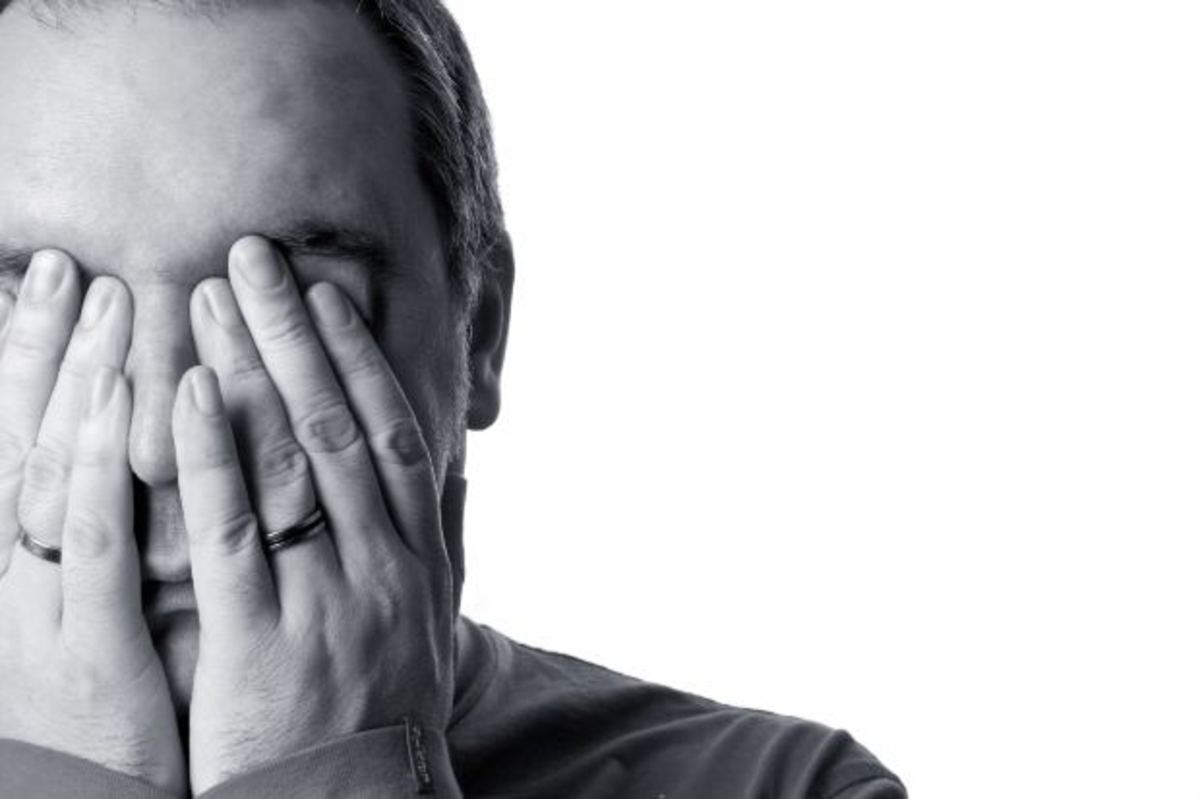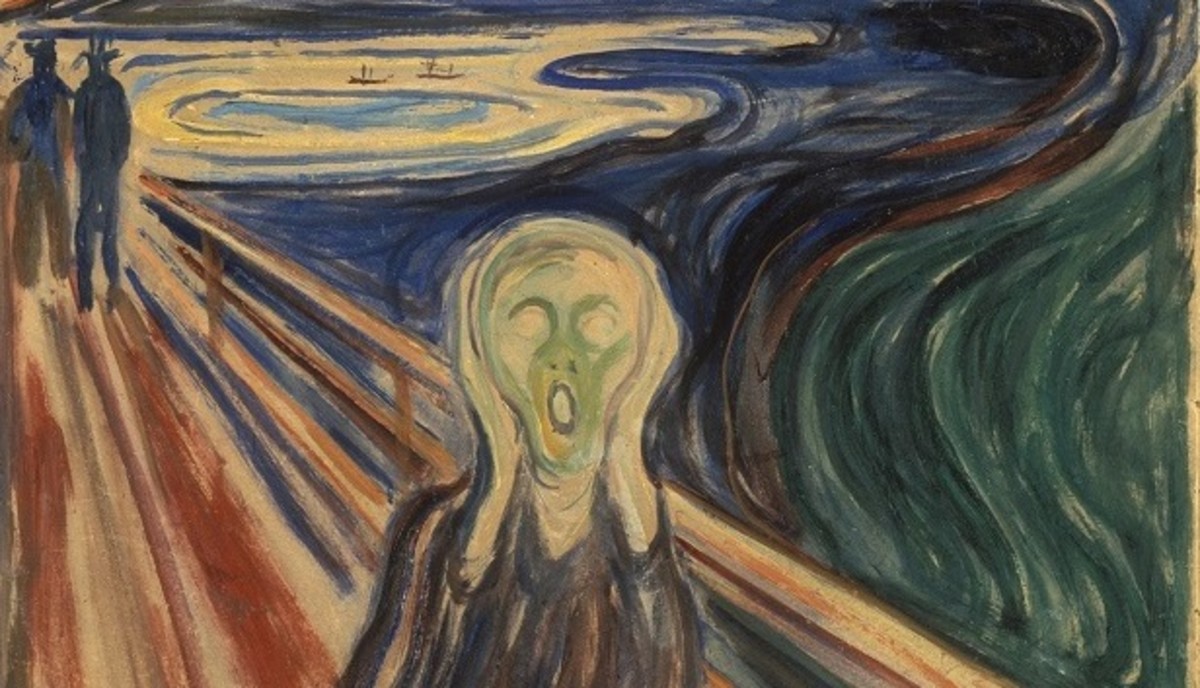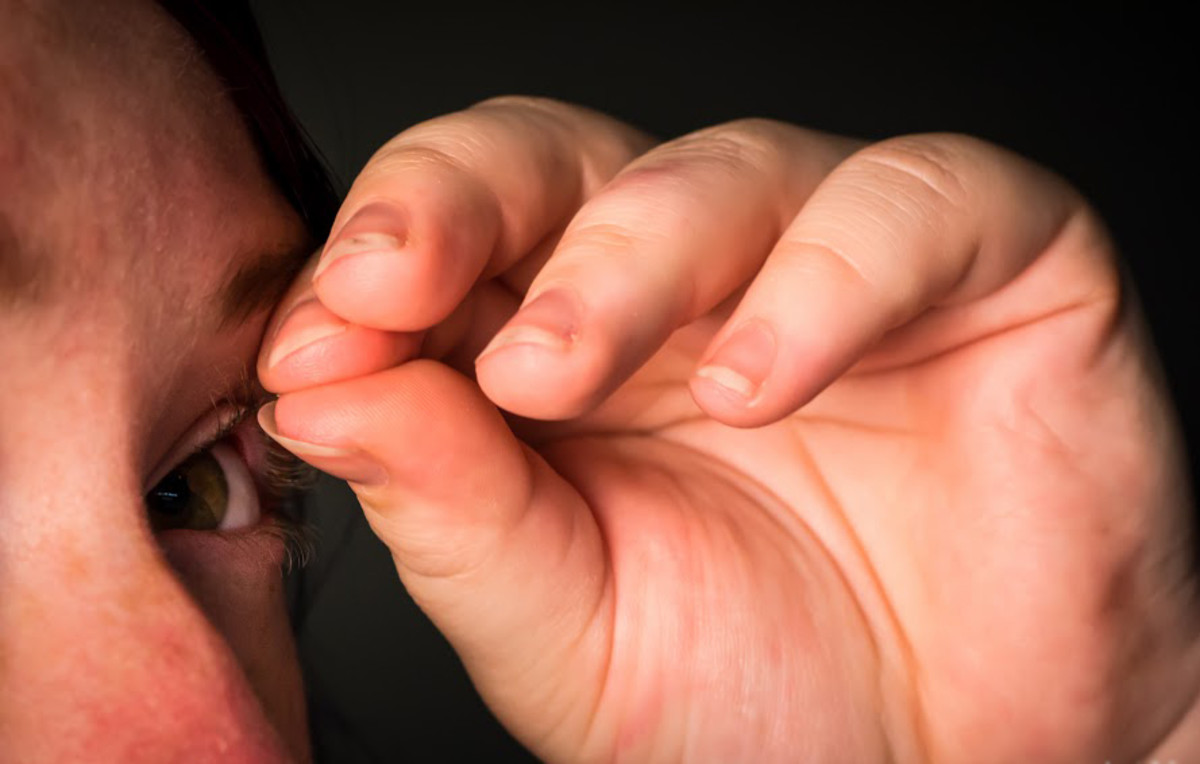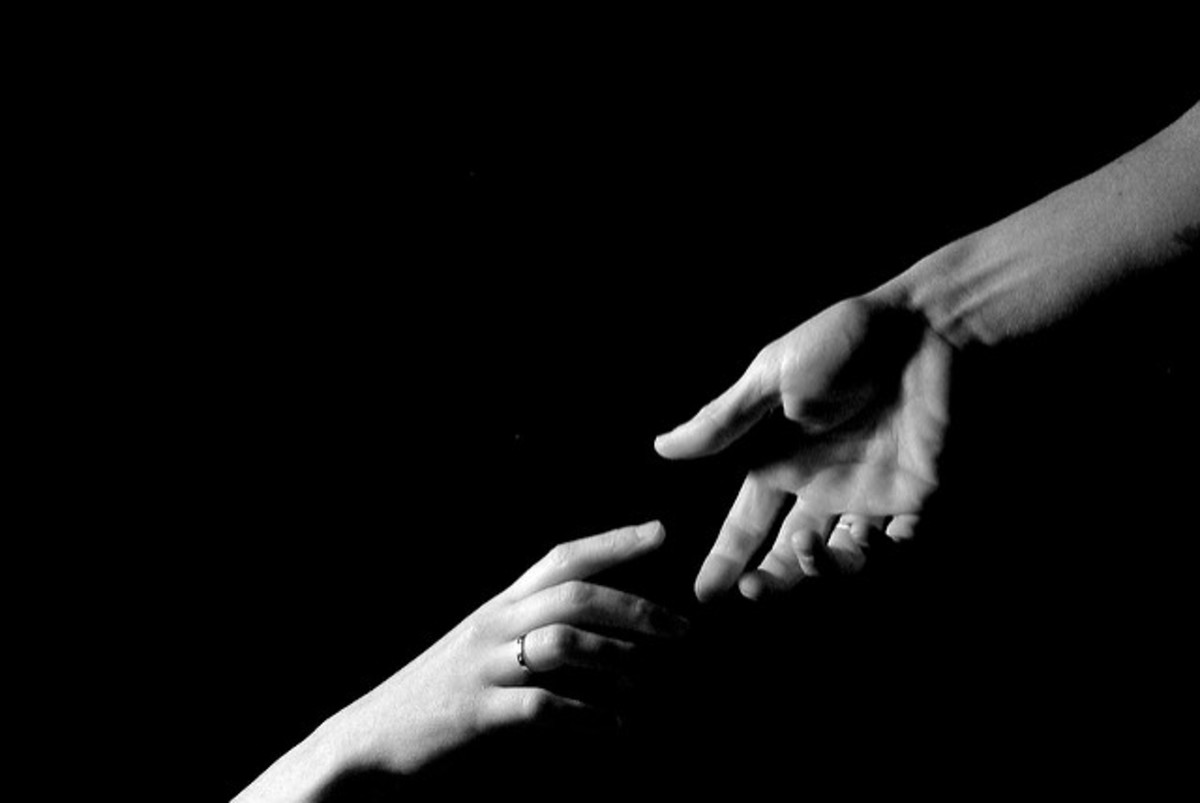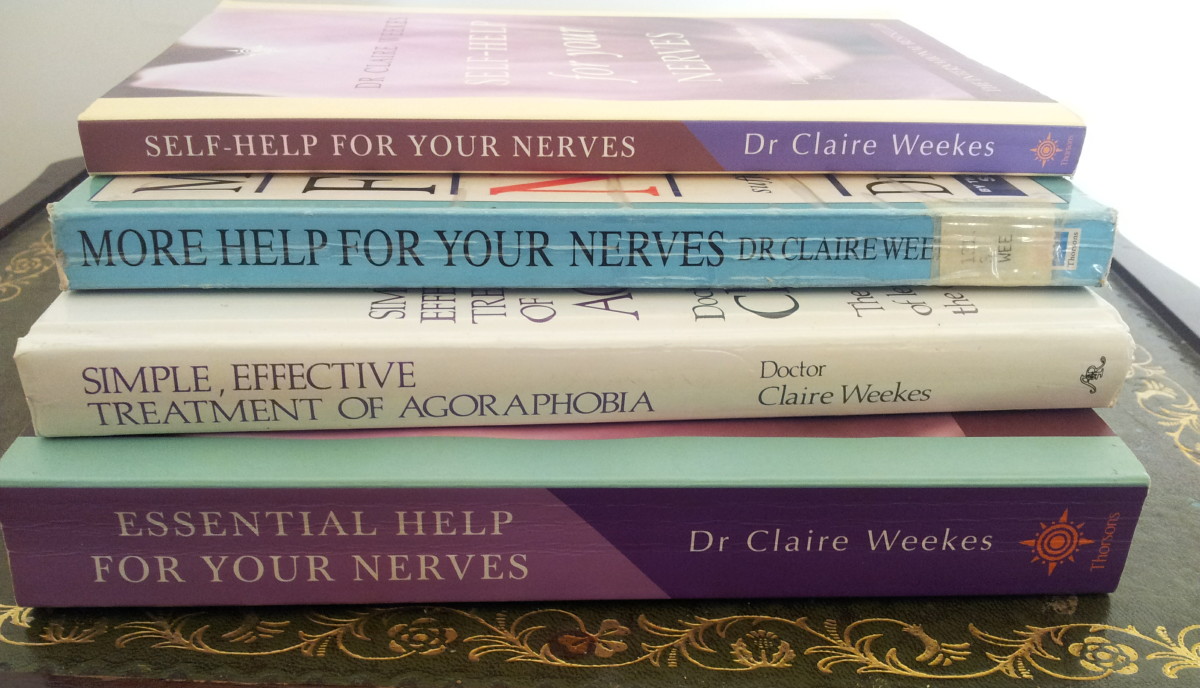- HubPages»
- Health»
- Mental Health»
- Anxiety Disorders
What is Obsessive Compulsory Disorder? Is It a Serious Mental Health Issue?
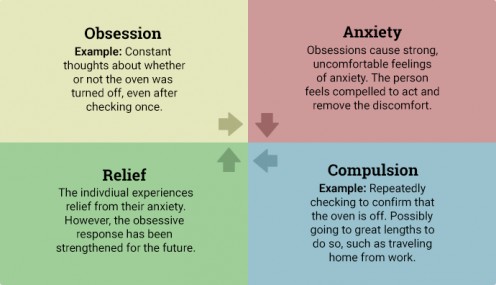
Obstructive Compulsive Disorder is Obsessive Thoughts or Compulsive Behavior or Both
Indications of Obsessive Compulsive Disorder are unwanted thoughts, excessive thinking, fear complex, repeating the same act again and again (like checking whether scooter is locked, many times), fear that the house top may fall on you and the list is big.This may lead to obsession, leads to repeatedly making mistakes, leads to sinful thoughts, leads to misbehavior (Unacceptable to society). The symptoms include obsessive thoughts or compulsive behavior or both.
Obsessive thoughts include fear of AIDS whenever an injection is taken for common fever, fear that may lead to making mistakes, harmful thoughts, sexual irregularities.
Common compulsions include doing every act twice or repeated like bathing many times, checking door locks, counting money many times, distributed dreams, repeating same talk again and again.
Obsessive-compulsive disorder will normally result in adolescence or young adulthood, Some times children may have similar symptoms that look like OCD. A careful observation may rule out OCD in children and they may be few other disorders like ADD, autism, and Tourette’s syndrome.
Suggested Therapy for Obsessive Compulsive Disorder
Cognitive-behavioral therapy for obsessive-compulsive disorder (OCD)
In this therapy the patient is diverted from one action to another during the anxiety period. For example is you compulsive behavior is washing hands many times the patient is asked to touch the door handle in a public restroom and then be prevented from washing. The patient some times will be asked to sit quite when there is an urge to wash hands and slowly the anxiety settle down. With this process repeated at regular interval the patient learns that he need not do the ritual of hand wash and get rid of the anxiety. The patient develop control l over bsessive thoughts and compulsive behaviors. Cognitive therapy focuses on the catastrophic thoughts and exaggerated sense of responsibility you feel. A big part of cognitive therapy for OCD is teaching you healthy and effective ways of responding to obsessive thoughts, without resorting to compulsive behavior.
Cognitive Behavioral Therapy Techniques
Meditation and Breathing Exercise help control OCD?
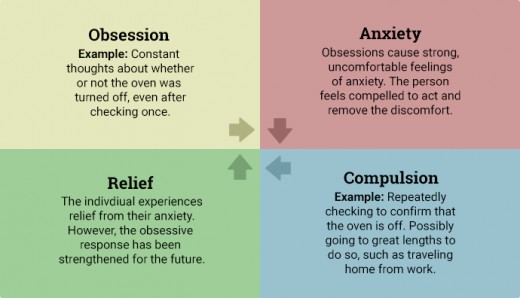
Self Help is the Best Help to come Out of OCD
In the initial stages of OCD you can help yourself to solve the problem
- Refocus your attention: Change your focus on other activities when the urge starts. Switch over to your favorite music, go for a walk, watch a video game surf the web, make a phone call, start talking to a friend for at least 15 minutes till the anxiety subsides. watch the urge and if it is under control you are done. Otherwise continue the the refocus activity.
- Take a paper and pen and start writing down your obsessive thoughts. Write down your obsessive thoughts or worries. You can use a laptop, smartphone or tablet to note the thoughts. In his process you may repeat writing the same words, phrases as a consiquence of the urge but still note down these changes. Your obsessive thoughts are likely to disappear soon.
- Try to anticipate the compulsive urge before they arise, so that you can ease them. Example for this act is if your urge is to repeat check of locking doors, do it cautiously with extra attention.
- Make a worry list and period (Day or Night). Next time when they come watch your list and postpone.
Self Help Continued
Though stress does not cause OCD, it triggers OCD and make the behavior worse.
- Adapt relaxation techniques
- Meditation, yoga and breathing exercises under a guru's guidance will give positive results. Practice relaxation techniques regularly at least
- Adopt healthy eating habits. Eat balanced food at regular intervals. Keep up timings. DO not keep the stomach empty for longer durations.
- Eat whole grains, fruits, and vegetables. They stabilize blood sugar, they also boost serotonin, a neurotransmitter with calming effects.
- Regular exercise is a natural anti anxiety treatment and it will help to control OCD symptoms by refocusing your mind when obsessive thoughts and compulsions arise. Include aerobic activity in your exercises. Aerobic exercise relieves tension and stress, boosts physical and mental energy, and enhances well-being through the release of endorphins, the brain’s feel-good chemicals.
- Avoid alcohol and smoking
- Get good sleep
- Never stay alone. Develop friends and support system. Stay connected with friends.
You will be socially isolated with Obsessions and compulsive disorder. So be with social groups and that will help you guard against setbacks and keep you motivated. Join an OCD support group
Conclusions
Avoid personal criticism. Avoid negative comments. They may trigger OCD.
Do not force the person with OCD symptoms to stop rituals. Don't scold the person with OCD. Remember OCD symptom is a behavior but a character flaw.
Give more and more time to the patient and be compassionate. The patient has to over come from this OCD behavior on his own.
© 2014 Sangam Krishnamoorthy Ramamoorthy
